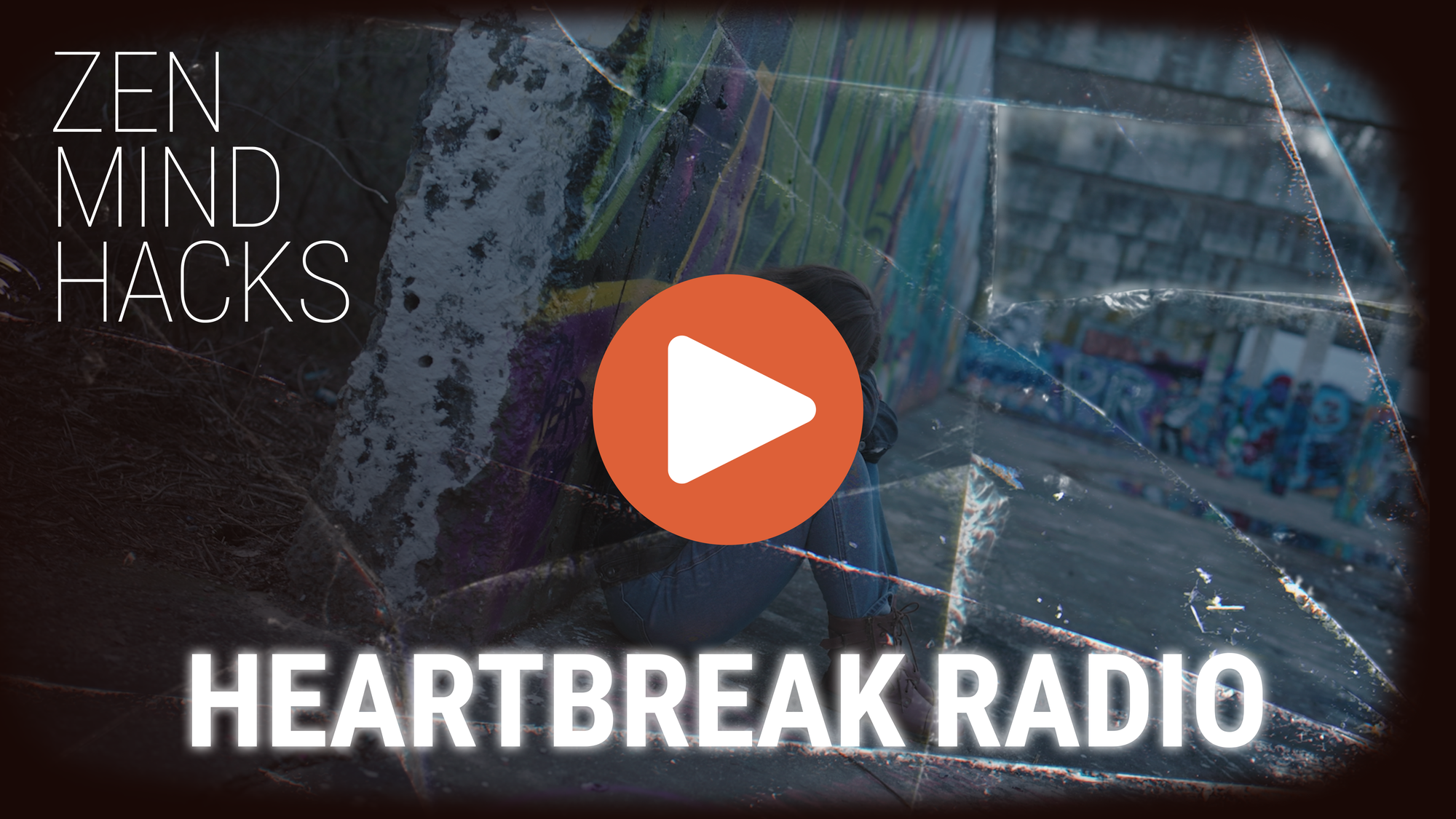Zen Philosophy for Heartbreak

The heart is the most powerful force in our lives. Although heartbreak feels bad, it’s often the flip side to the joy you have experienced.
Heartbreak often brings profound loneliness, making us feel lost and frustrated, especially when someone we trust lets us down. The pain can reach a deep level and impact our physical bodies. The experience often stays present in our minds, impacting us long into the future. If we allow it, it can shape future decisions and happiness.

A Personal Reflection
Separation can lead to the most painful mental suffering. When I was a teenager, my dad passed away from cancer. In my thirties, I was separated from my best friend and partner by a tragic event.
It is in these dark moments that we often find true understanding. We witness the depths of our compassion and gain clarity on what truly matters. It may sound harsh, but true living comes from these deeply human experiences.
At a time when I suffered the most, this quote made the most sense to me.
"The wound is where the light enters you" - Rumi
Understanding Heartbreak
There are many forms of heartbreak: someone letting us down, abandoning us, or dying; the loss of animals we cherish; the injustice and tragedy in the world; or the ways we abuse our planet.
They all seem to revolve around unmet expectations, such as the expectation that ‘the one’ will enter our lives and we'll live happily ever after or that something in our lives will never end.
We shut down. We get angry. We feel devastated that our future expectations are not being met.
Our vision of the world shatters, but our hearts remain whole.
"If you have a self-image, you are going to be hurt." - Jiddu Krishnamurti
Krishnamurti noted that attachments to self-images and expectations lead to suffering. He suggested that when we form images of ourselves or our future, we set ourselves up for disappointment and hurt when reality doesn't align with these projections.
Heartbreak stems from the loss of an imagined future self or relationship that we had mentally constructed. By clinging to these images, we become vulnerable to pain when they are disrupted or unattainable.
How to Deal with Heartbreak
Life is made up of natural cycles that we have little control over. We expect relationships to last forever, and we expect people to act as we wish they would. We try to hold onto things, yet the nature of existence is constantly changing.
Embrace the ever-changing nature of life. Though it may be difficult, remember that the unknown future holds the potential for better outcomes.
When we get stuck re-running images from the past, we miss what is available to us in the present. Relax into the way things are.
Step back and observe your thoughts like clouds passing in the sky, without getting caught in them.
Pain reveals attachments; when observing these, you can begin to consider the nature of love.
Allow yourself space to sit with things as they are right now. In the long term, it’s unhelpful to avoid and use distractions.
The cure for heartbreak is to learn to sit with uncomfortable feelings and allow the pain to flow through you. Accepting them relieves them of their burning power.
Feel the sadness and the anger. Let it flow through you. Talk it out, hug it out, cry it out, dance it out, breathe it out—whatever helps you release.
You have enough strength to move through heartbreak. Trust the process, and remind yourself that everything always passes.
Self-Enquiry for Healing
As you witness your heartbreak, ask yourself:
- Who do I need to talk to, and what self-care will help me regain a stable footing?
- Is any pain present because I experienced joy in the past?
- What can I learn about myself and my world?
- Did I ever experience heartbreak in the past, and did it go away with time?
- Which part of my suffering is linked to a projected future? Can I be open to pure possibility?
- What can I be grateful for in this situation?
Keep Your Heart Open
The nature of life itself is love, and true self-love is essential. Accepting the parts of ourselves that we consider flawed is essential to love others.
True love accepts others for who they are, including all their emotions and self-expressions.
Buddhist teachings encourage us to keep our hearts open, regardless of circumstances. They remind us of the power of forgiveness and openness to change.
You can still forgive and continue to feel love even when there is a good reason to distance yourself from someone. Forgiving someone and continuing to feel love is challenging, but if you focus on what you love about people, they cannot upset you. When you focus on what you dislike about someone or what went wrong, you live in a state of negative energy and resistance.
There are good reasons to try and remain in a state of love and peace. The energies we put out into the world are directly responsible for what comes back into our lives.
A vibration of love and peace attracts more love back into our lives. If that’s something you would like.
Wishing you well,
Howard
"I don't know what I don't know, and I'm always a work in progress."
